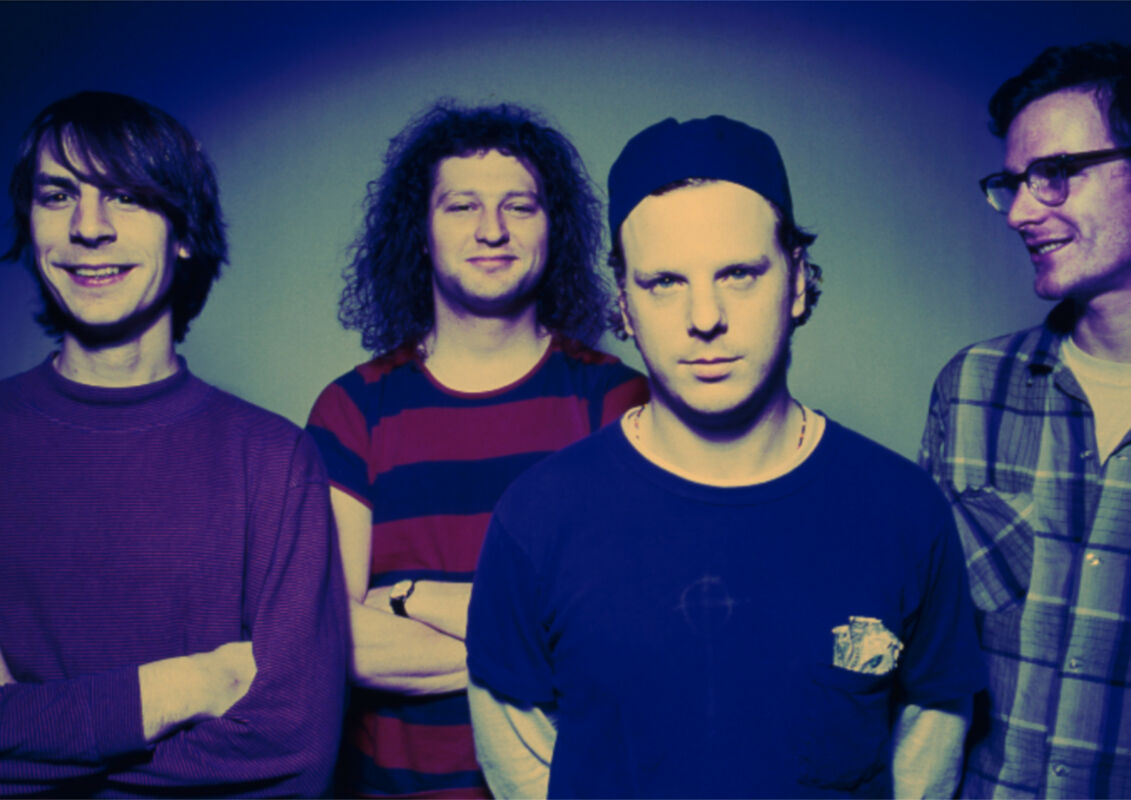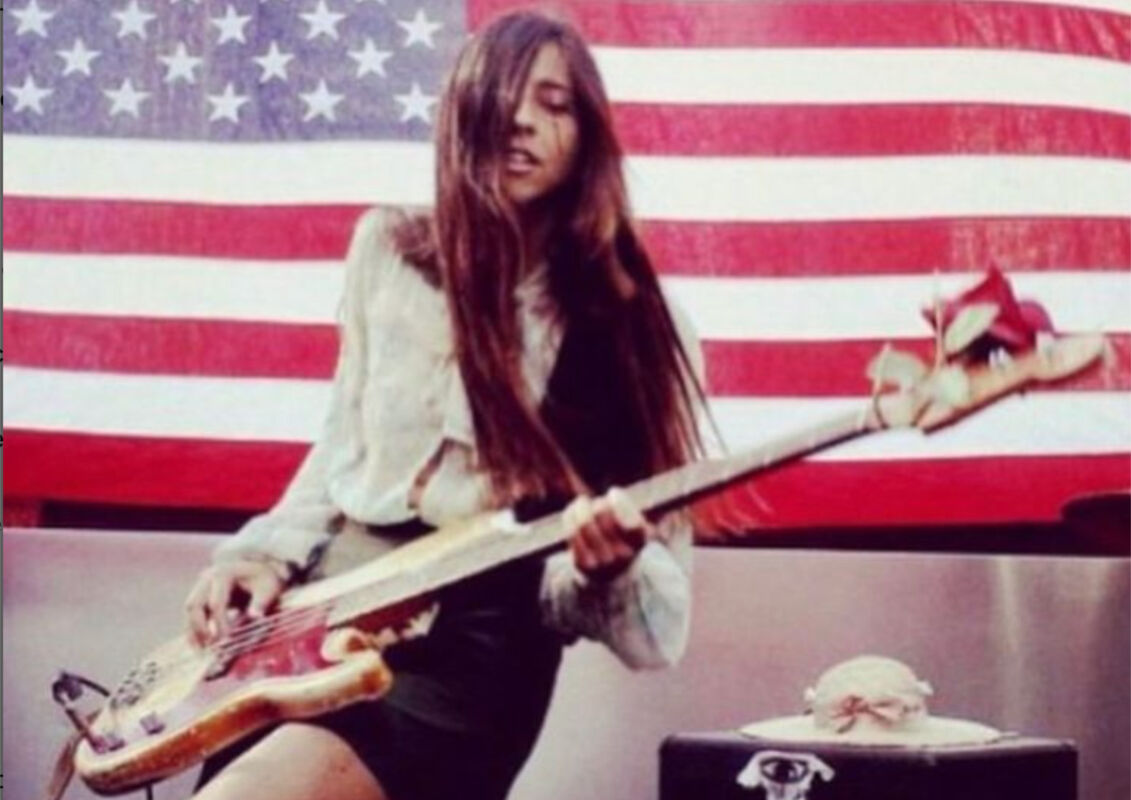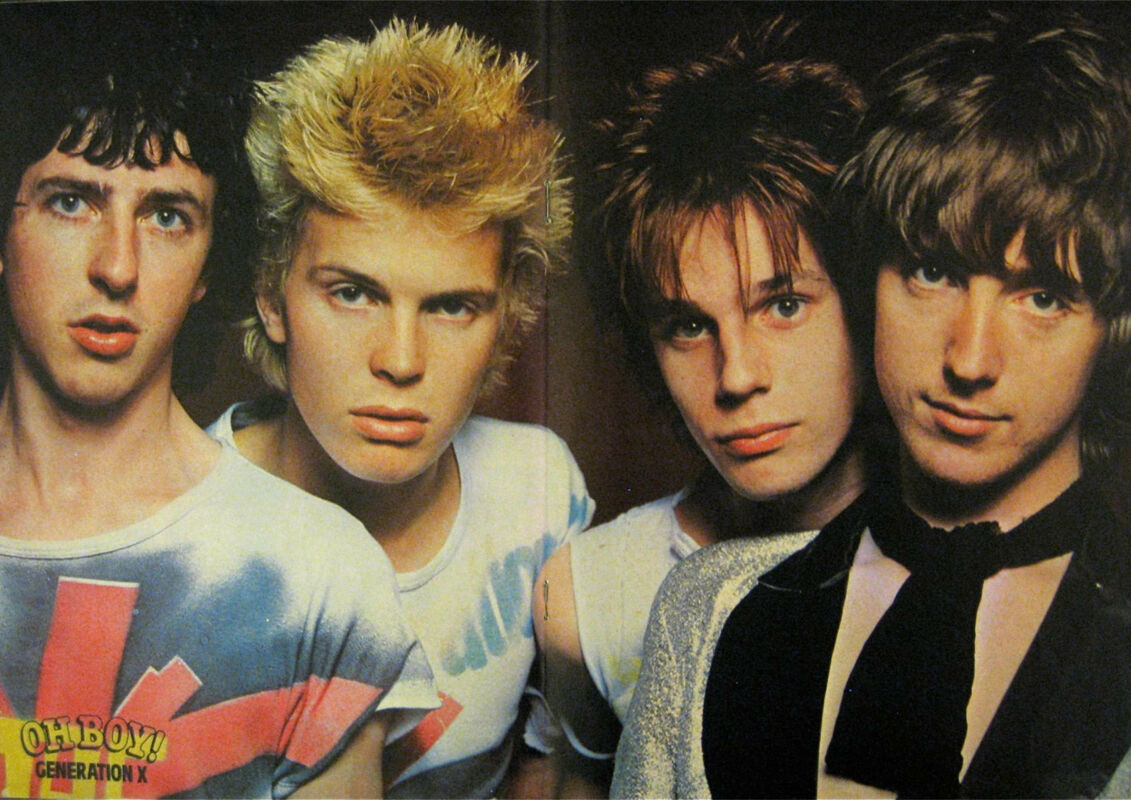
On this day in 1997, in South Africa, four apartheid-era police officers, appearing before the Truth and Reconciliation Commission, admitted to the 1977 killing of Bantu Stephen Biko, a leader of the grassroots anti-apartheid campaign known as the Black Consciousness Movement.
In 1969, Biko, a medical student, founded an organisation for South Africa’s Black students to combat the minority government’s racist apartheid policies and promote Black identity. In 1972, he helped organise the Black People’s Convention, and in the next year, he was banned from politics by the Afrikaner government. Four years later, in September 1977, he was arrested for subversion. While in police custody in Port Elizabeth, Biko was brutally beaten and then driven 700 miles to Pretoria, where he was thrown into a cell. On 12 September 1977, he died naked and shackled on the filthy floor of a police hospital. News of the political killing, denied by the country’s white minority government, led to international protests and a U.N.-imposed arms embargo.


In 1995, after the peaceful transfer to majority rule in South Africa, the Truth and Reconciliation Commission was established to examine decades of apartheid policy and to address the widespread call for justice for those who abused their authority under the system. However, as a condition of the transfer of power, the outgoing white minority government requested that the commission be obligated to grant amnesty to people making full confessions of politically motivated crimes during apartheid. Nobel Peace Prize laureate Desmond Tutu was appointed to head the commission.
In early 1997, four former police officers, including Police Colonel Gideon Nieuwoudt, appeared before the commission and admitted to killing Steve Biko two decades earlier. The commission agreed to hear their request for political amnesty but, in 1999, refused to grant amnesty because the men failed to establish a political motive for the brutal killing.


Peter Gabriel wrote the song “Biko” in 1980 as a result of Steve Biko’s passing.
💧 You might also like THE RAINBOW FLAG: THE STORY BEHIND.
⎯⎯⎯⎯⎯
Featured image via The Collector.





